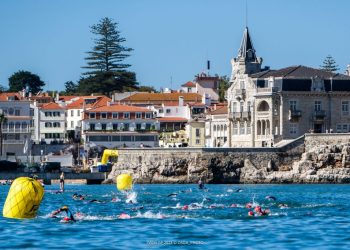The Los Angeles 2028 Olympic and Paralympic Games are shaping up to be a model for how mega sporting events can embrace sustainability without compromise. From venue planning to transportation, the organizing committee is promoting a bold vision that could set a new standard for climate-conscious sports.
At the heart of LA 2028’s strategy is the principle of radical reuse. Instead of constructing new stadiums or arenas, organizers will rely almost entirely on existing infrastructure across the city. Historic venues such as the LA Memorial Coliseum, SoFi Stadium, Crypto.com Arena and the UCLA campus will all play central roles. This approach not only limits environmental impact but also minimizes cost and disruption to local communities.
Sustainable transportation will also be a defining feature of the Games. LA 2028 is working with the city to create the first largely car-free Olympic experience. Plans are in motion to restrict private vehicle access to venues while boosting public transit options, including an expanded bus fleet and new light rail connections. This effort is tied to the city’s broader Twenty-eight by ’28 initiative, which aims to complete 28 major transportation projects in time for the Games.
Los Angeles is also looking to the skies. Electric vertical take-off and landing aircraft, known as eVTOLs, are expected to shuttle spectators and athletes between key locations like LAX and the stadiums, offering a futuristic and low-emissions travel option. On the ground, the city is rolling out a new stretch of roadway embedded with wireless charging technology, enabling electric vehicles and buses to charge as they drive or park nearby.
LA 2028 has also pledged to deliver a net-zero Games. Organizers plan to reduce emissions across multiple sectors, including energy, mobility and logistics. They aim to lower the region’s carbon output by 15 percent, a goal that includes investing in clean energy, electrifying fleets and supporting community-based environmental projects.
Importantly, LA 2028 is building these efforts into a long-term legacy. The organizing committee has engaged local leaders to ensure that investments in sustainability translate into lasting benefits. From workforce development to neighborhood access to green spaces, the Games are being designed not just as a two-week showcase, but as a generational opportunity to create a cleaner, more connected city.



















